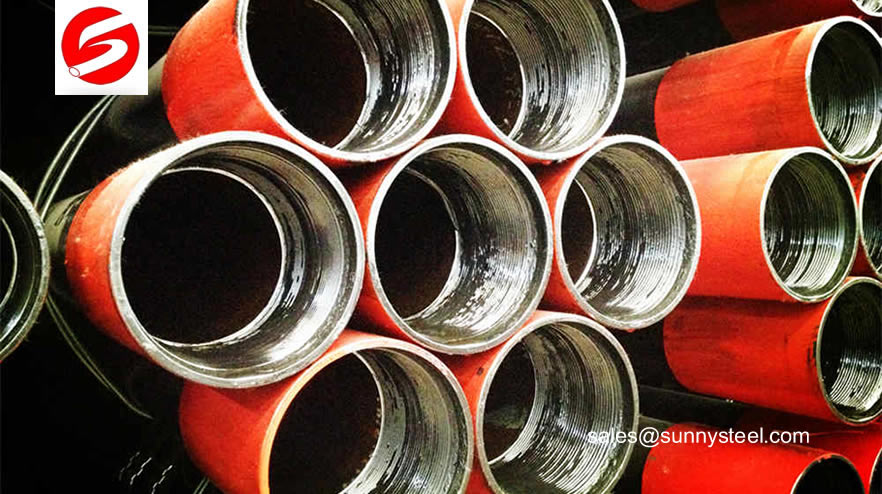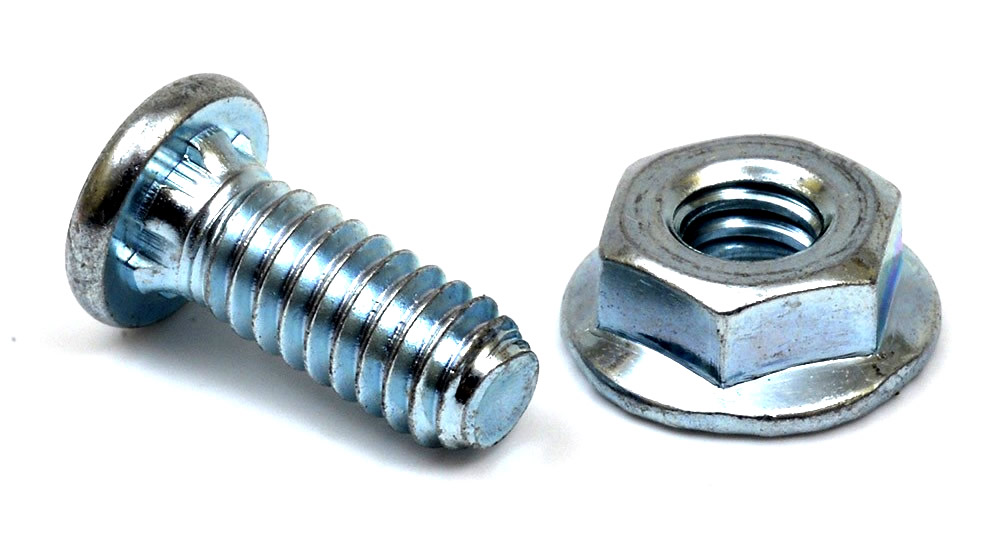When the two ends differ in size, the fitting is called a reducing elbow or reducer elbow.
Normally long radius elbows are used in piping as pressure loss is less as compared to short radius elbow. It required more space than short radius elbow.An elbow is a pipe fitting installed between two lengths of pipe or tubing to allow a change of direction, usually a 180° or 90° angle, though 45° elbows are also made. The ends may be machined for butt welding (SW) or socketed welding(SW) etc.
Types of reducing elbow:
The reducing elbows are available in various types like:
- 90° reducing elbow
- 45° reducing elbow
- 135° reducing elbow
- 180° reducing elbow etc
Features of reducing elbows:
Some features that are available in reducing elbows are as follows:
- Usually healthy and non-toxic, free of stain and scale
- High temperature resistance
- High pressure resistance
- Hot welding connection adopted
- Leakage effectively prevented
- Excellent heat insulation property
- Light weight, easy to handle and transport
- Smooth inner wall which reduces the pressure loss and increases the flow speed
- Low noise
- Excellent design, suitable for installation either exposed or hidden
- Wonderful ability in chemical corrosion resistance
- Easy and fast installation
Applications of reducing elbow:
Reducing elbows are used in a variety of applications like as follows:
- Hot and cold water supply facilities for public buildings
- Chemical, food, electronic industrial pipeline networks like pipeline networks for transporting all kinds of corrosive liquid
- Pipeline networks for drinking water production system such as pure water and mineral water
- Pipeline for air conditioning networks
- Compressed gas pipeline facility for industry
- Pipeline network for swimming pool
- Pipeline network for solar energy facility
- Agriculture production transporting system
Most elbows are available in short radius or long radius variants. When the two ends differ in size, the fitting is called a reducing elbow or reducer elbow.
A324 WP elbow is the manufacturing process of ASTM A234 WPB.
- W = WELDABLE / wrought
- P = RELATED TO P NUMBER OF ALLOY MATERIAL
- B = REFER TO MINIMUM YIELD OF MATERIAL
Chemical Composition (%) of ASTM A234 WP11
| Grade | C | Mn | P | S | Si | Cr | Mo | Ni | Cu | V | Nb |
| WP11 CL1 | 0.05-0.15 | 0.30-0.60 | 0.03 | 0.03 | 0.50-1.00 | 1.00-1.50 | 0.44-0.65 | - | - | - | - |
| WP11 CL2/3 | 0.05-0.20 | 0.30-0.80 | 0.04 | 0.04 | 0.50-1.00 | 1.00-1.50 | 0.44-0.65 | - | - | - | - |
Notes:
- For each reduction of 0.01% below the specified C maximum, an increase of 0.06% Mn above the specified maximum will be permitted, up to a maximum of 1.35%.
- The sum of Cu, Ni, Cr, and Mo shall not exceed 1.00%.
- The sum of Cr and Mo shall not exceed 0.32%.
- The maximum carbon equivalent (C.E.) shall be 0.50, based on heat analysis and the formula C.E.=C+Mn/6+(Cr+Mo+V)/5+(Ni+Cu)/15.
Mechanical properties of ASTM A234
| Tensile Requirements | WPB | WP11CL1 | WP11CL3 |
| Tensile Strength, min, ksi[MPa] | 60-85 | 60-85 | 75-100 |
| (0.2% offset or 0.5% extension-under-load) | [415-585] | [415-585] | [520-690] |
| Yield Strength, min, ksi[MPa] | 32 | 30 | 45 |
| [240] | [205] | [310] |
Process
Killed steel, with forgings, bars, plates, sheet, and seamless or fusion-welded tubular products with filler metal added. Forging or shaping operations performed by hammering, pressing, piercing, extruding, upsetting, rolling, bending, fusion welding, machining, or by a combination of two or more of these operations.
Heat Treatment
After forming at an elevated temperature, fittings are cooled to a temperature below the critical range under suitable conditions to prevent injurious defects caused by too rapid cooling, but in no case more rapidly than the cooling rate in still air. Heat treatment temperatures specified are metal (part) temperatures. Heat-treated fittings are to be treated according to paragraph 7 in Specification A960/A960M.
Reference Documents
- ASTM A216/A216M Specification for Steel Castings, Carbon, Suitable for Fusion Welding, for High-Temperature Service
- ASTM A217/A217M Specification for Steel Castings, Martensitic Stainless and Alloy, for Pressure-Containing Parts, Suitable for High-Temperature Service
- ASTM A960/A960M Specification for Common Requirements for Wrought Steel Piping Fittings
- ASME B16.9 Steel Butt-Welding Fittings
- ASME B16.11 Forged Steel Fittings, Socket Welding and Threaded










